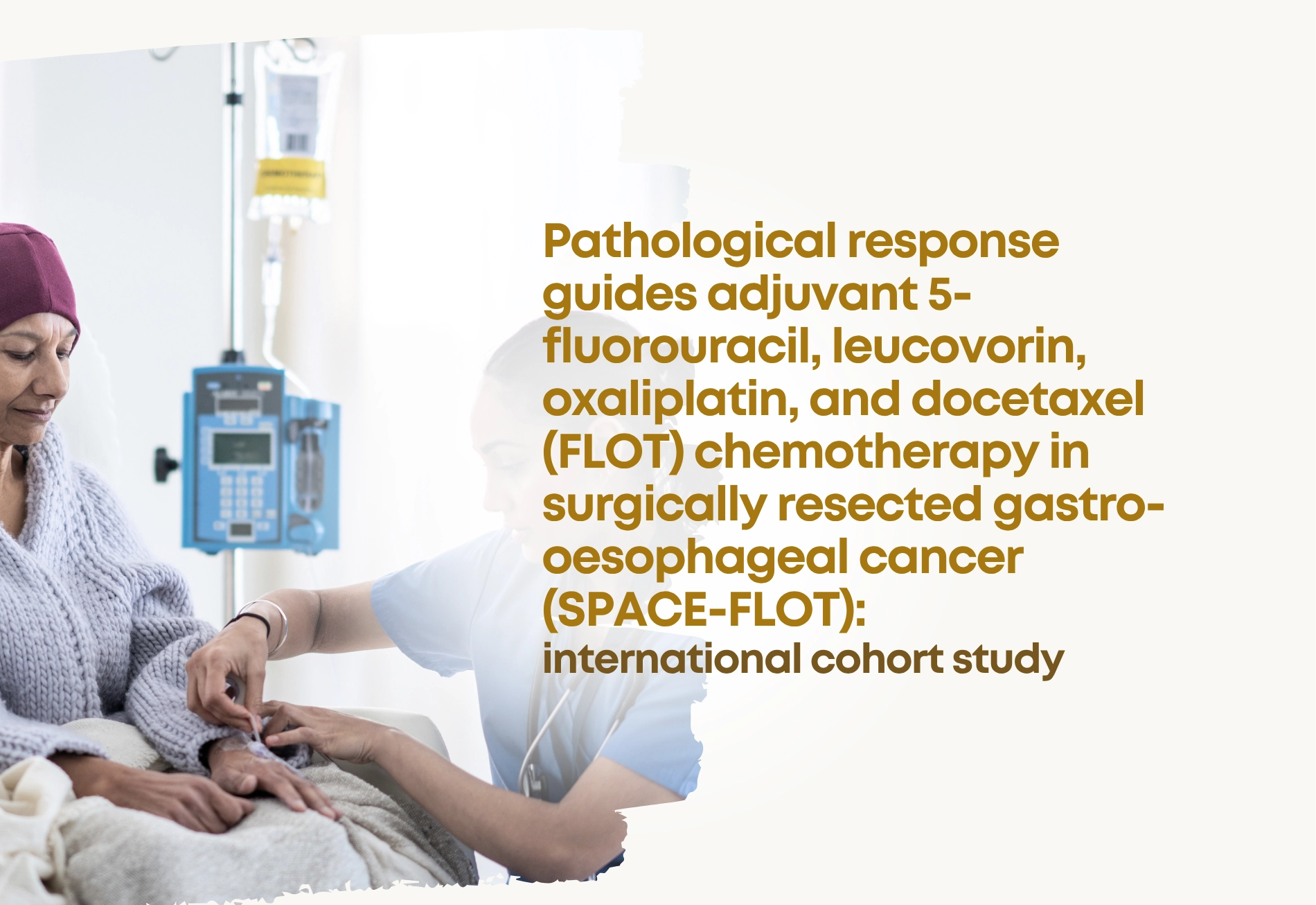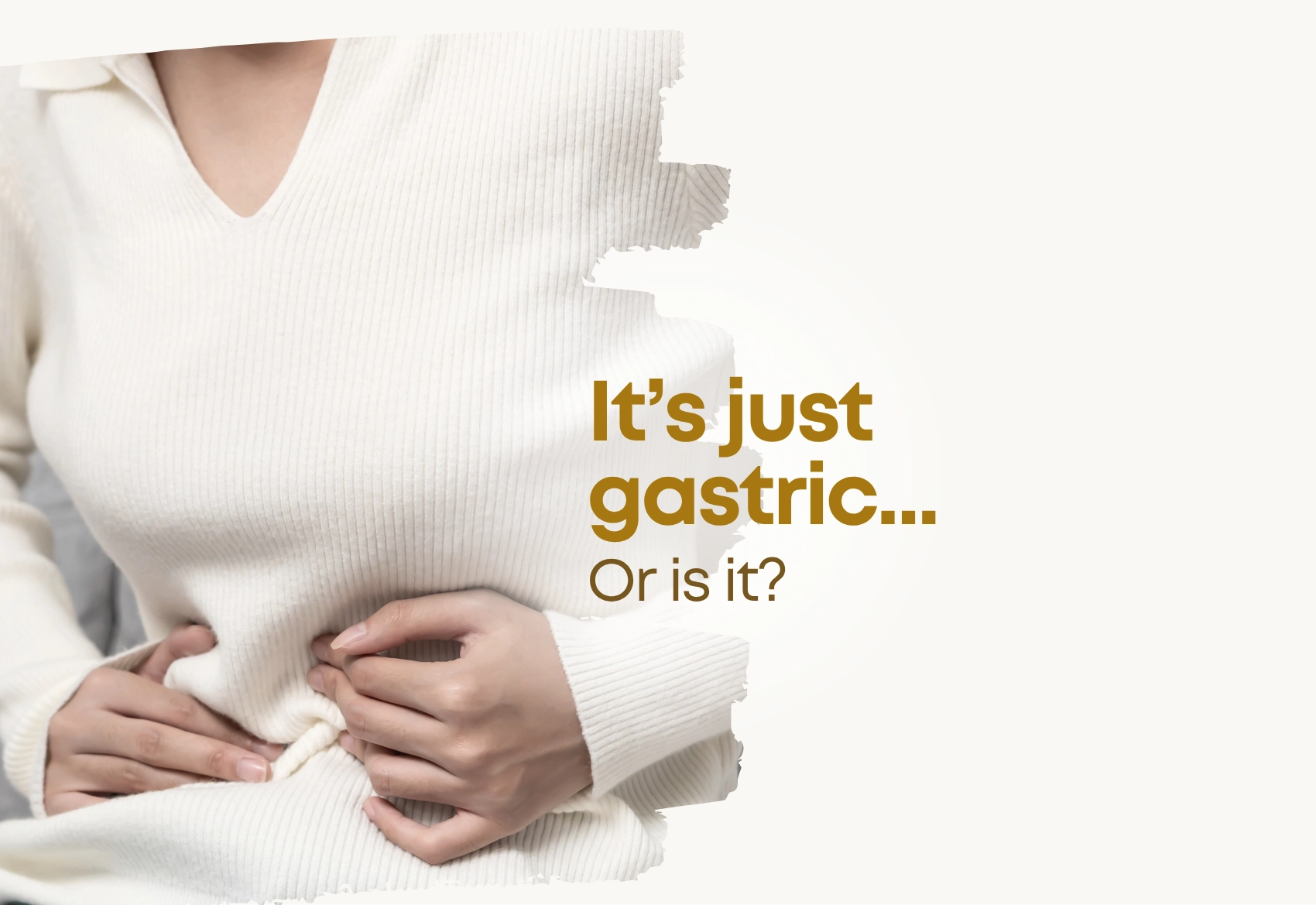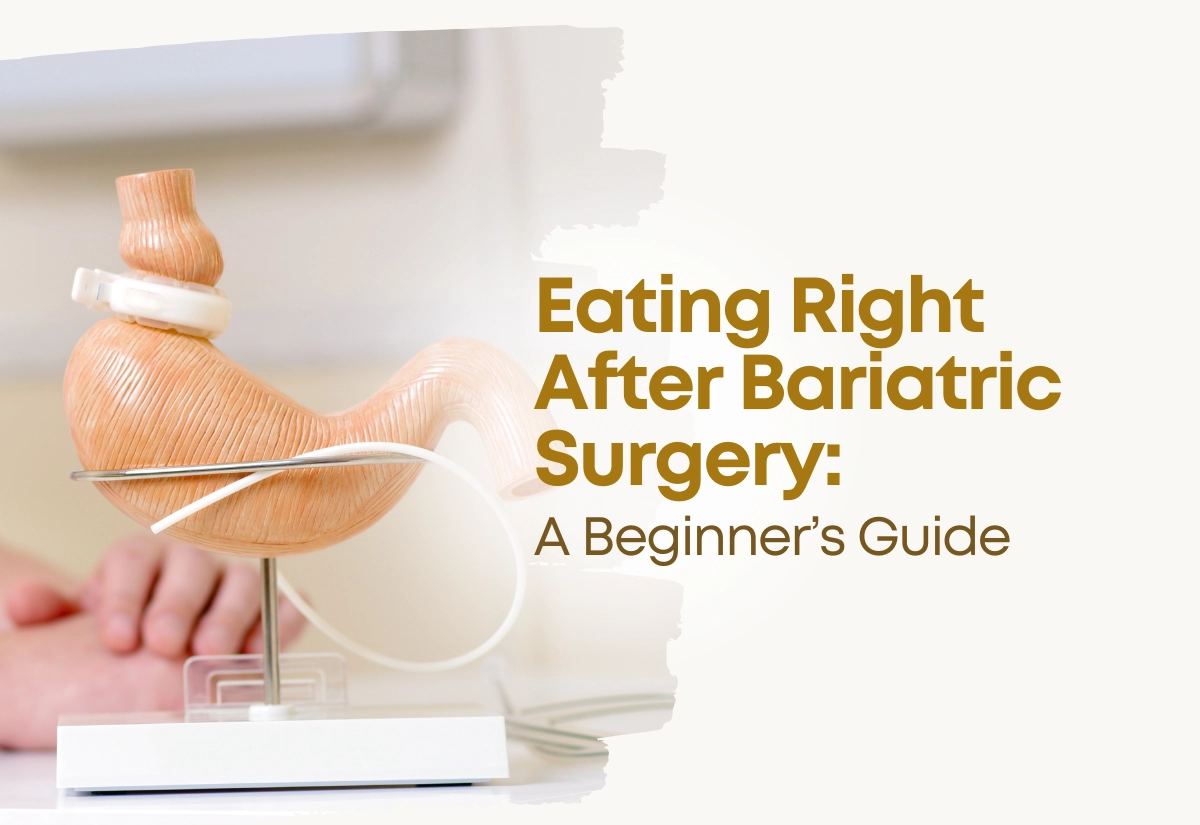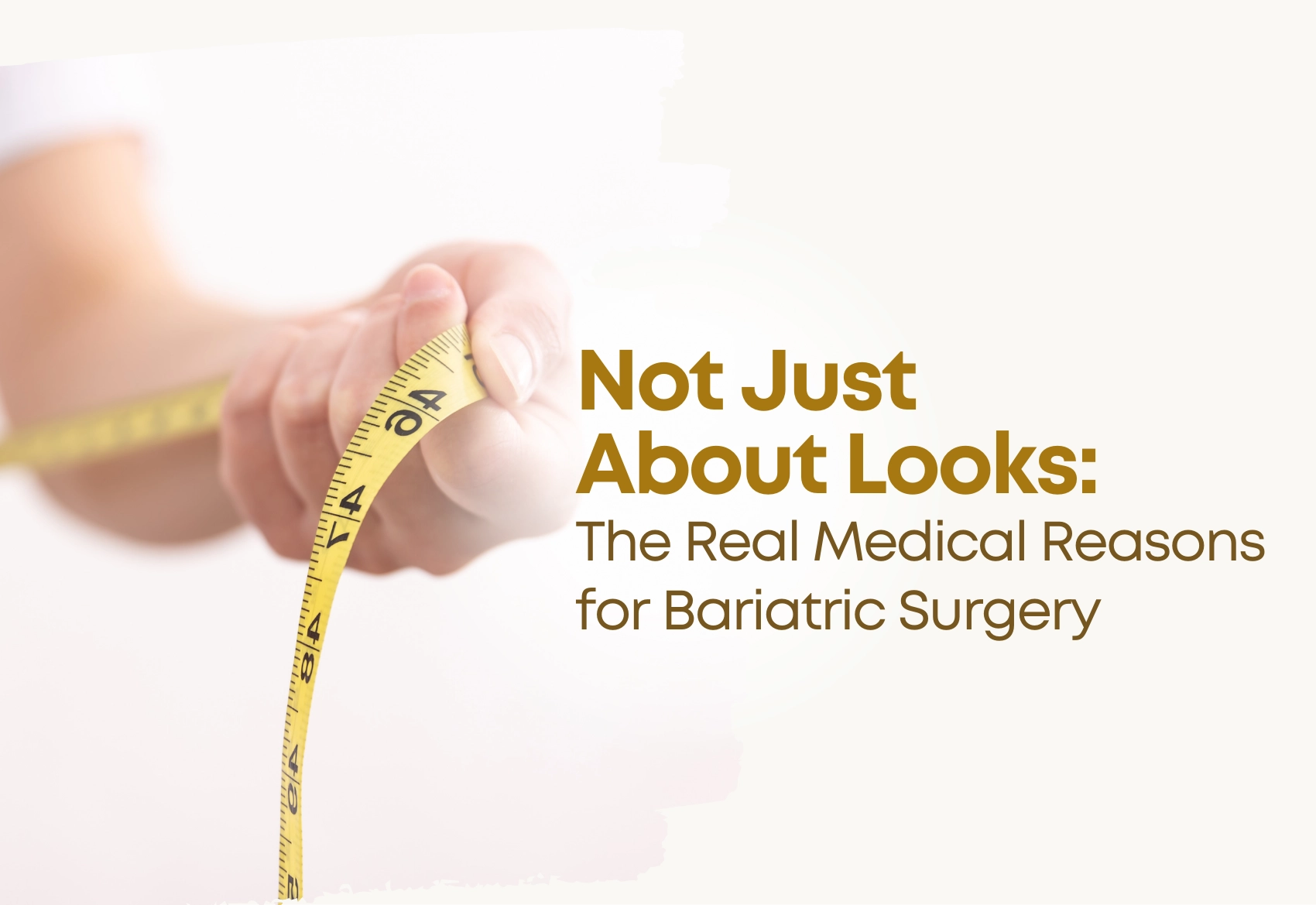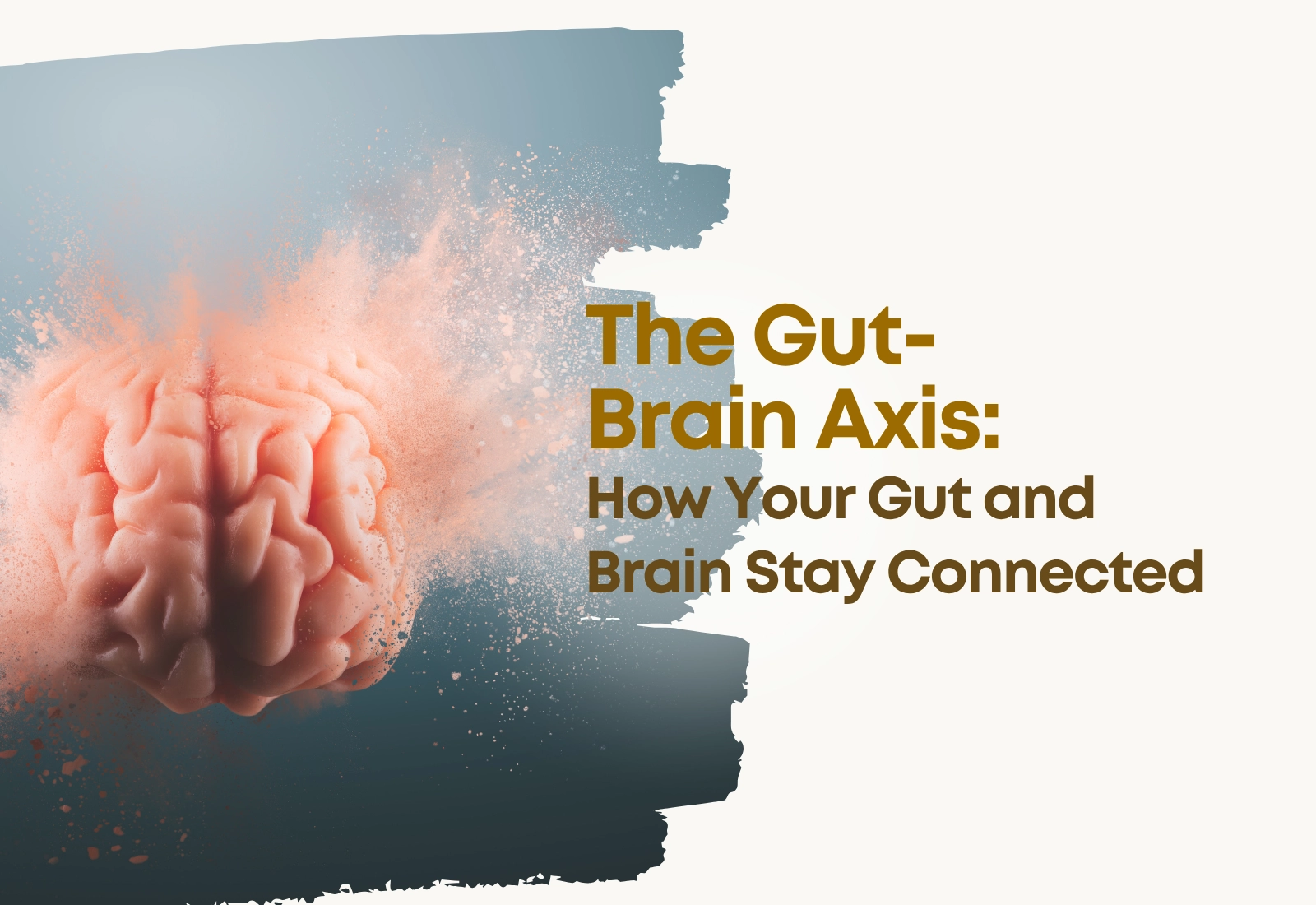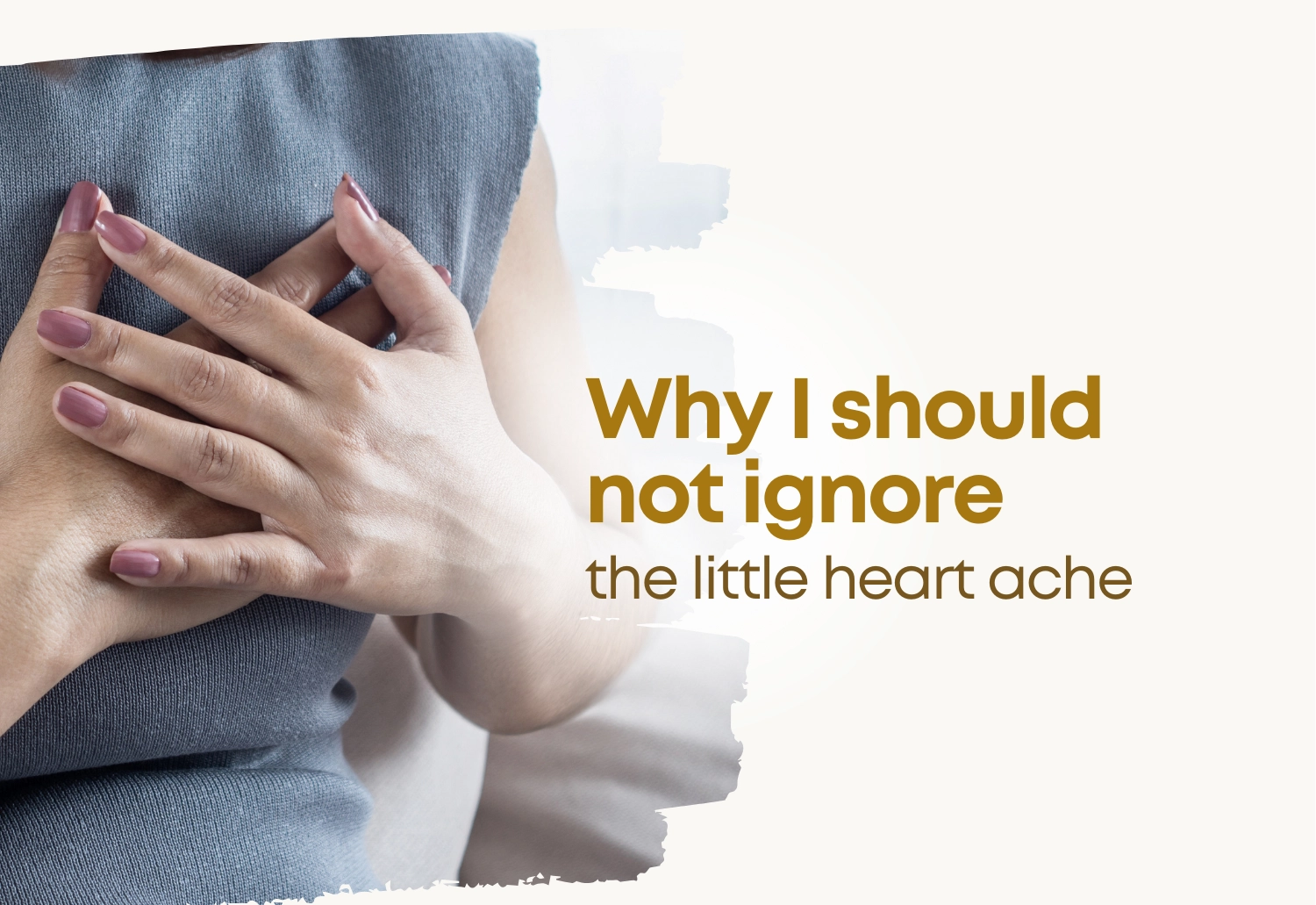
Why I should not ignore the little heart ache
by Dr Hendrick Chia, Cardiologist
Heart attacks are one of the top causes of sudden death in Malaysia and around the world. The scary part is they often happen without much warning. Symptoms can come on suddenly, within minutes or hours. Sadly, about 50–70% of people who have a heart attack don’t make it to the hospital in time.
That’s why it’s so important to:
-
Reduce your risks – take steps to prevent a heart attack.
-
Check your heart – get tested for early signs.
-
Know the warning signs – so you can get help fast.
What increases your risk?
The biggest risk factors for heart disease are:
-
Smoking
-
Diabetes
-
High blood pressure
-
High cholesterol
-
Family history of heart disease or stroke
For example, smoking increases your risk of heart disease up to four times compared to non-smokers. The best step is to quit. If you smoke, it’s also wise to check your blood pressure, blood sugar, and cholesterol. Early treatment can cut your risks even more. The good news? After about seven years of quitting, your heart risk drops back to the same level as a non-smoker.
Blood pressure and cholesterol
See your doctor to check your blood pressure. Readings above 130/80 are now considered high. If you need medication, you’ll likely also need to keep your cholesterol low, because high blood pressure and high cholesterol often come together.
Diabetes and cholesterol
If you have diabetes, your lifetime risk of heart attack or stroke can be as high as 80%. This is why international guidelines recommend cholesterol-lowering medicine (statins) for most people with diabetes – it helps protect your heart.
Family history
If heart disease runs in your family, you can’t change your genes. But keeping your cholesterol very low with the right treatment can still reduce your risk.
Heart checks and tests
Even if you don’t have symptoms, it’s sensible to check your heart if you have risk factors. Simple and safe tests include:
-
Exercise stress test – walking or running on a treadmill while your heart is monitored.
-
Dobutamine stress echo – for those who can’t exercise, using ultrasound and medicine to raise the heart rate.
-
Calcium score – a scan to check for calcium build-up in the heart arteries.
-
CT coronary angiogram – a detailed scan for those with abnormal results or higher risk.
Your doctor or cardiologist can advise which test is best for you.
What does heart pain feel like?
Heart pain (angina) often feels like pressure or heaviness in the chest, sometimes spreading to the jaw or left arm. It usually occurs during activity (such as walking) and improves with rest within a few minutes. Some people mistake it for gastric pain or even a toothache. Others don’t feel pain at all but instead notice shortness of breath when walking.
If you’re unsure, don’t take chances. See a doctor. A simple ECG or blood test (troponin T) in the emergency department can quickly check if you’re having a heart attack.
The bottom line
To protect your heart:
-
Quit smoking
-
Eat a low-fat diet
-
Stay active and maintain a healthy weight
-
Check your blood pressure, cholesterol, and blood sugar regularly
-
Talk to your doctor about your risks
Your heart health is in your hands – don’t ignore the warning signs.

